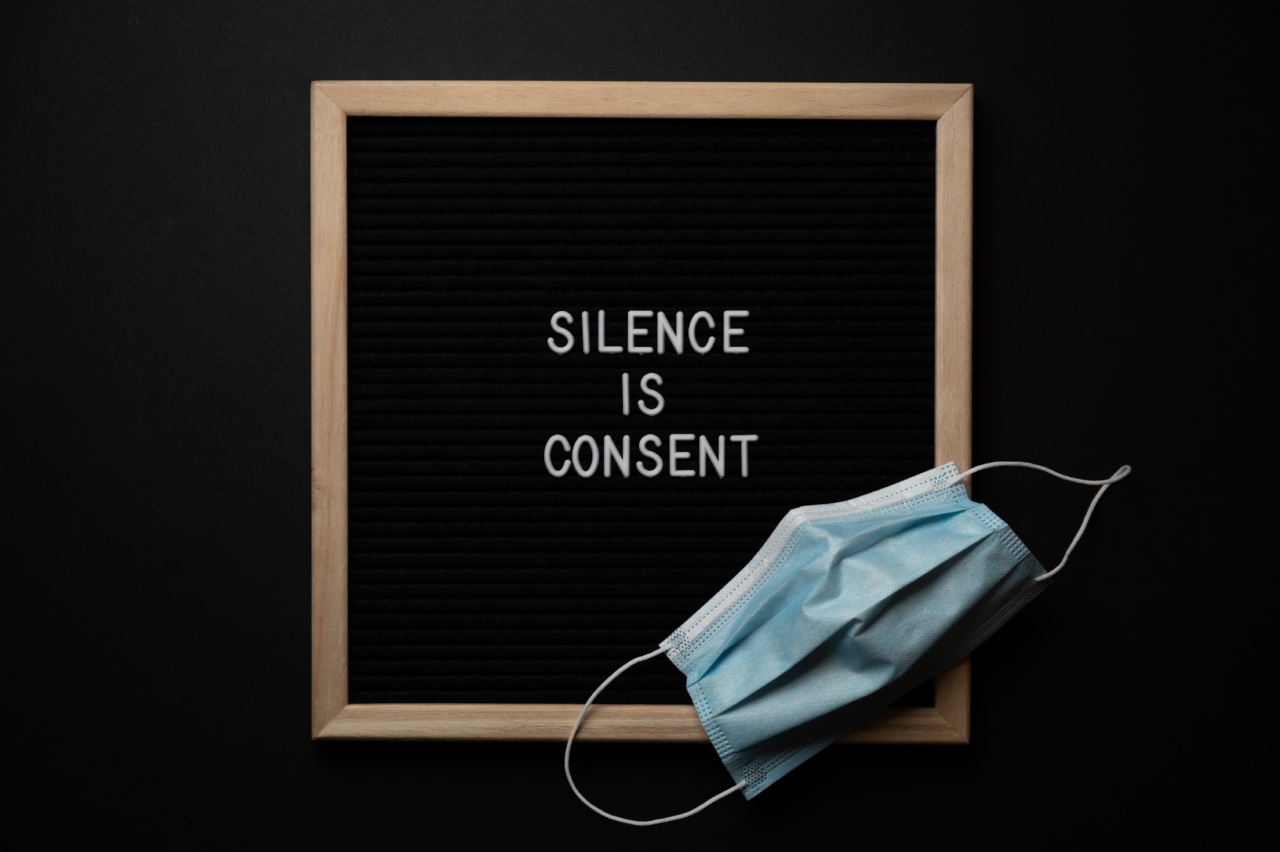Bullying has become an unfortunate epidemic in today’s society, affecting people of all ages and backgrounds.
Whether it’s physical, verbal, or online, bullying can have severe and long-lasting effects on the victim’s mental and emotional well-being. In this article, we will explore the various forms of bullying and provide strategies to protect yourself from this growing menace.
Understanding the Different Types of Bullying
1. Physical Bullying:.
Physical bullying involves acts of aggression and violence towards the victim. This can include hitting, kicking, punching, or any other form of physical harm intended to intimidate or harm the individual.
2. Verbal Bullying:.
Verbal bullying is characterized by the use of derogatory language, insults, name-calling, or sarcastic remarks. It can happen in person, over the phone, or through other communication channels and aims to degrade or belittle the target.
3. Cyberbullying:.
Cyberbullying has become increasingly prevalent with the rise of technology and social media. It involves using digital platforms to spread rumors, harass, or humiliate someone.
This form of bullying can have a wide audience, making it even more detrimental to the victim’s well-being.
The Impact of Bullying
Bullying can have severe and long-lasting effects on the victim’s mental health, self-esteem, and overall well-being. Some common consequences include:.
1. Emotional Distress:.
Being repeatedly subjected to bullying can cause emotional distress, leading to anxiety, depression, and feelings of isolation.
2. Academic Performance:.
Bullying can significantly impact a student’s academic performance. The fear and stress associated with bullying can make it difficult for victims to concentrate, leading to lower grades and decreased motivation to learn.
3. Physical Health Issues:.
Victims of bullying may experience physical health problems, such as headaches, stomachaches, and sleep disturbances. These symptoms can be a result of the anxiety and stress caused by the bullying.
Strategies to Protect Yourself from Bullying
1. Build a Support System:.
Having a strong support system of friends, family, or trustworthy individuals can make a significant difference in dealing with bullying. Reach out to those you trust and confide in them about your experiences.
2. Document Incidents:.
Keep a record of any bullying incidents you experience, including the date, time, location, and details of what occurred. This documentation can be useful when reporting the bullying to authorities or school administrators.
3. Ignore and Block Online Bullies:.
If you encounter cyberbullying, the best course of action may be to ignore and block the perpetrator. Do not engage in online arguments or retaliate, as it can further exacerbate the situation.
4. Report and Seek Help:.
If you are being bullied, it is crucial to report the incidents to a trusted adult, whether it’s a teacher, school counselor, or parent. They can provide guidance and take appropriate action to address the situation.
5. Practice Self-Care:.
Engage in activities that promote your mental and emotional well-being. This could include exercise, practicing mindfulness, pursuing a hobby, or seeking professional help if needed.
The Role of Schools and Communities
Bullying prevention requires a collective effort from schools, communities, and individuals. Here are some steps that can be taken:.
1. Education and Awareness:.
Schools should implement comprehensive anti-bullying programs that educate students, teachers, and parents about the signs of bullying, its impact, and how to intervene effectively.
2. Open Communication Channels:.
Establishing open lines of communication between students, teachers, and parents can encourage victims to report bullying incidents and seek support. Schools should create a safe and trusted environment for reporting and addressing bullying.
3. Encourage Empathy and Respect:.
Teaching empathy, kindness, and respect to students can help cultivate a positive and inclusive school culture. Encourage students to stand up against bullying and support their peers.
4. Implement Strict Policies:.
Schools should have clear and strict policies in place to address bullying. These policies should outline consequences for bullying behavior and provide support services for both victims and perpetrators.
Conclusion
Bullying is a serious issue that affects countless individuals and has long-lasting consequences. By understanding the different forms of bullying and implementing strategies to protect oneself, we can work towards combating this epidemic.
It is essential for schools, communities, and individuals to come together to create a safe and supportive environment for everyone.





























